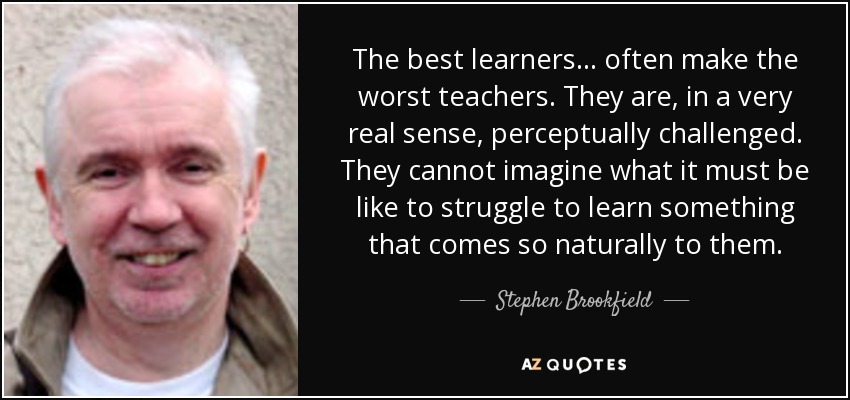SEVENTH TASK
CHALLENGES OF COLOMBIAN ENGLISH TEACHERS IN THE RURAL CONTEXT.
The learning process in rural contexts
has not achieved the same level of development as in urban areas. In addition,
this issue worries about when it refers to learning a second language because
there are not many English language teachers willing to improve conditions by
taking action in the field. Policies in Colombia related to the teaching of
English give to teachers an idea about how to teach in urban areas but it is
not focused on the needs in rural contexts. As a result, there is a lack of
motivation for learning
and teaching English in rural contexts for both teachers and students.
Nowadays, traditional education is not valid for this society. Modern
technology and the higher standard of education are factors that make possible
this notion and therefore, it makes people be competitive in any way. It is
necessary for educators to teach since reality and society. As Paulo Freire
stated, “One of the fundamental
tasks of the educator who is open-minded are to be attentive and sensitive about
the way in which a given social group reads and rereads its reality, so as to
be able to stimulate progressively a generalized comprehension of this new
reality” (2001).
Thus, the teacher profile could achieve development in a cooperative
education with a new method, organization of teaching and, educating can change
the model of the traditional school.
The acquisition of English has become
increasingly necessary and so it represents a specific need for students. For
that reason, the English language needs to have the same importance in schools
as any subject and it requires the guidance of professional teachers. Since
2004 when the National Bilingualism program in Colombia started, educational
institutions all over the country have been undertaking actions to try to reach
the goals that the program has set out. Schools and universities have
implemented new strategies, have increased the number of hours to learn the
subject matter, and have even included strong changes in their curricular
organization. Likewise, the aforementioned linguistic policy has generated a
series of social and cultural implications by requiring every Colombian citizen
in rural and urban areas to be instructed in English. In this context, the role
of language teachers played in the national educational system is paramount.
Therefore, it is necessary to fully understand the significance of the
teachers’ work. (Miranda, 2016)
Nowak Fabrykowski analyzed Freinet’s
theory which was focused on the teacher's personality and practice is
illustrated through teaching practice and psychological theory. The
theory presented basic forms of the teacher behavior such needs, skills
and temperament that is called like “pedagogic talent”. Taking into account
this perspective, one of the main features of teachers is that they should like
children, like helping (have altruistic values), like learning, and like
leading, as well as possess initiative and responsibility. (Trow, 960). To
support this idea, Freinet argued that the elements constructing the teacher's
personality are psyche, intelligence, and work. For him, psyche consists of
instinct, needs, temperament, and feelings. In L'éducation du travail (1967),
he defines "intelligence" as the ability to assimilate experience
from different areas of life and specifies the following types of intelligence:
artistic, abstract (in the forms of words and concepts), creative, manual,
cognitive, political, and social. He explains "work" as the
development of one's own pedagogical style and methods. For him, work enriches
the personality and helps conquer weaknesses. Moreover, he stresses that in
order to execute abilities, a teacher should possess a dynamic personality and
a rich interior life. Those traits are required for everyday work, which links
all domains of knowledge and the need for all kinds of skills. The teacher
should be a creator, inventor, poet, builder, writer, artist, and musician as
well as a psychologist and philosopher; thus, teachers must try to shape
themselves and their methods continuously.
As society is continuously changing,
being critical remains paramount at the moment of expressing ourselves in any
circumstance. Consequently, educators’ commitment towards the endorsement of
students’ critical thinking becomes a must in the learning process. Celestin
Freinet emphasized that the importance of the teacher profile is to be critical. The
educator with a democratic vision or posture cannot avoid in his teaching
praxis working on the critical capacity, curiosity, and autonomy of the
learner. In this way, the educator has to be able to lighten the curiosity of
the learner. Likewise, as learners present an innate curiosity that needs to
be explored so that it can flourish outwards, it is the duty of a teacher to serve
as a guide of the process itself. Paulo Freire (2001) described the human
curiosity as a phenomenon present in all vital experience; it is in a permanent
process of social and historical construction and reconstruction. It is
precise because ingenuous curiosity does not automatically become critical
that one of the essential tasks of progressive educational praxis is the
promotion of a curiosity that is critical, bold, and adventurous. (p. 18)




